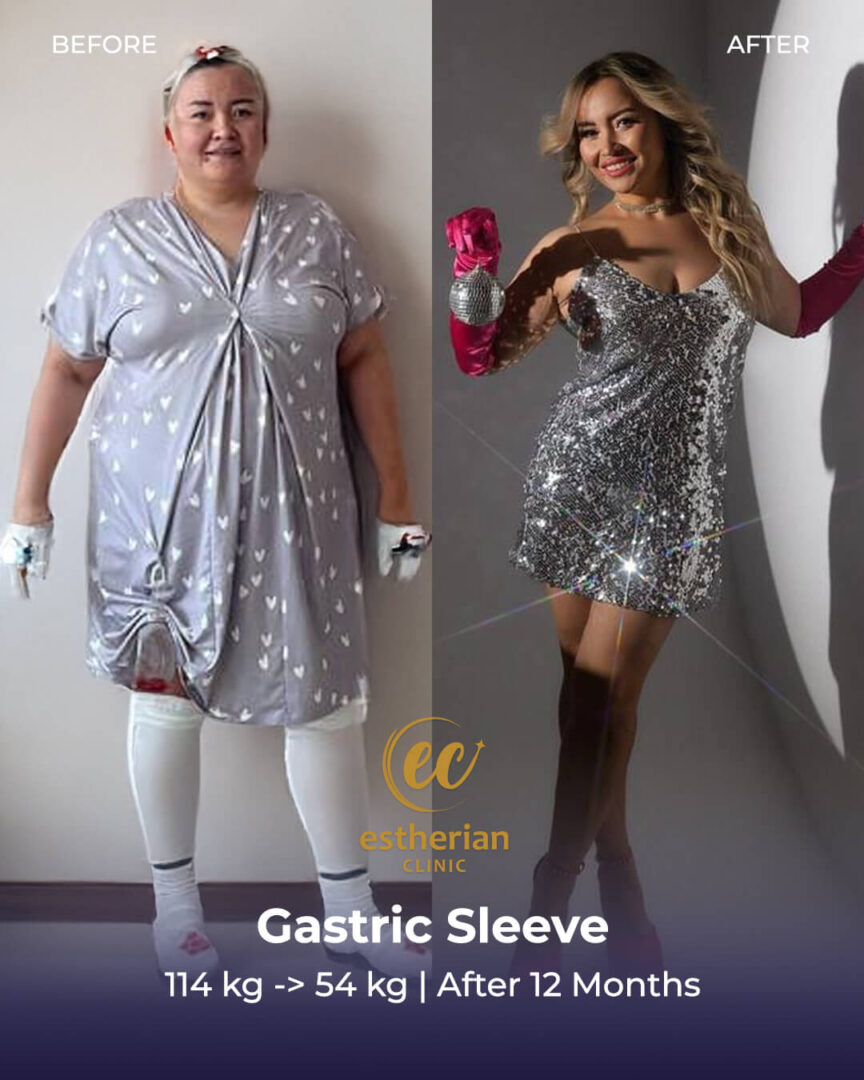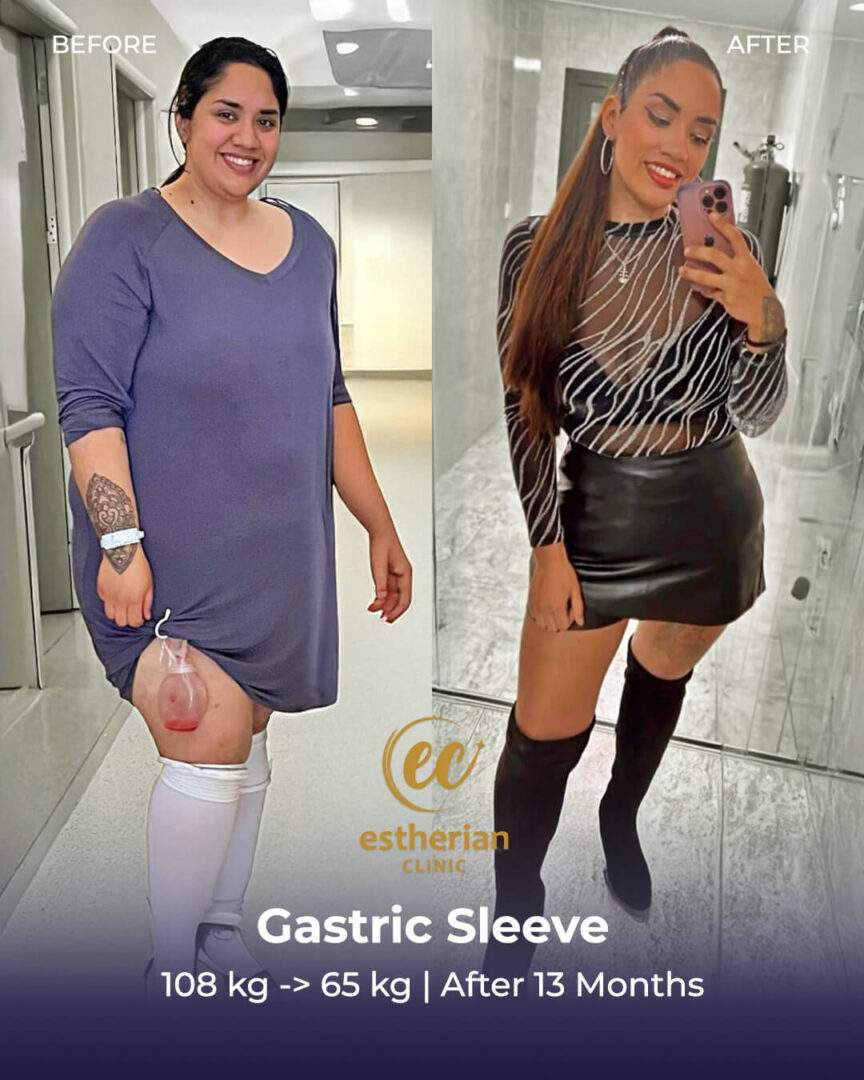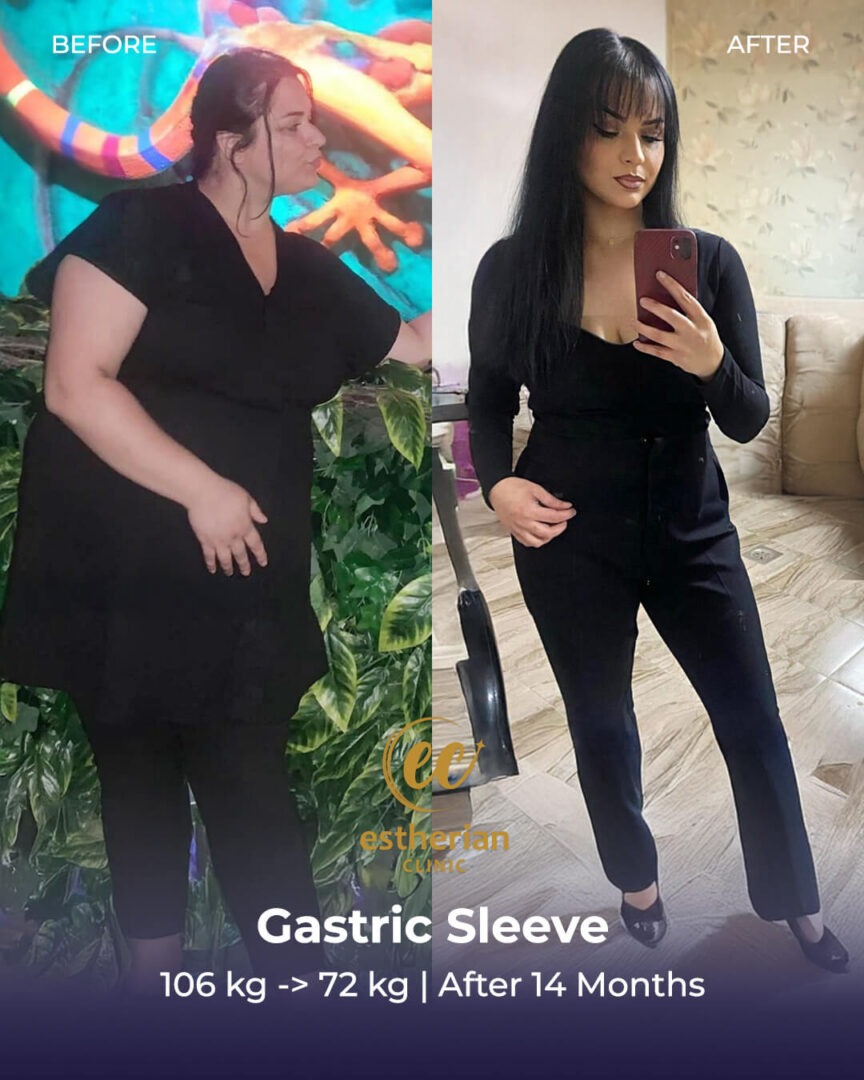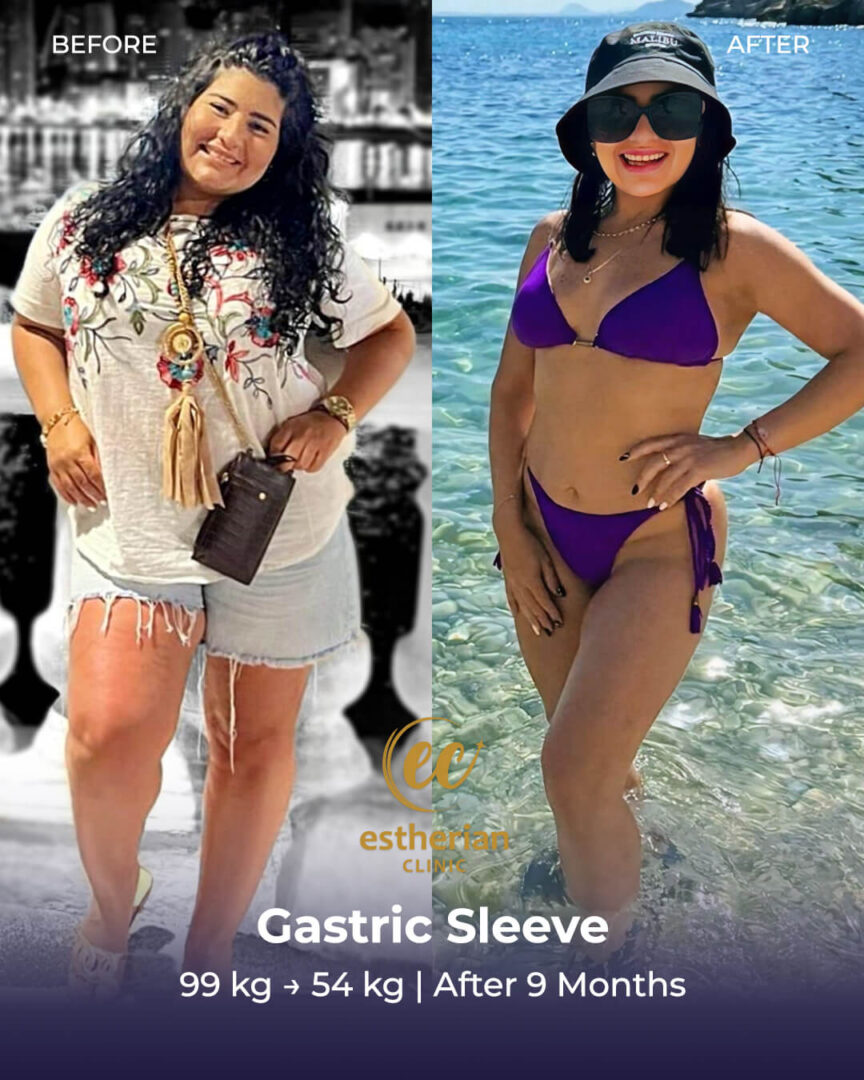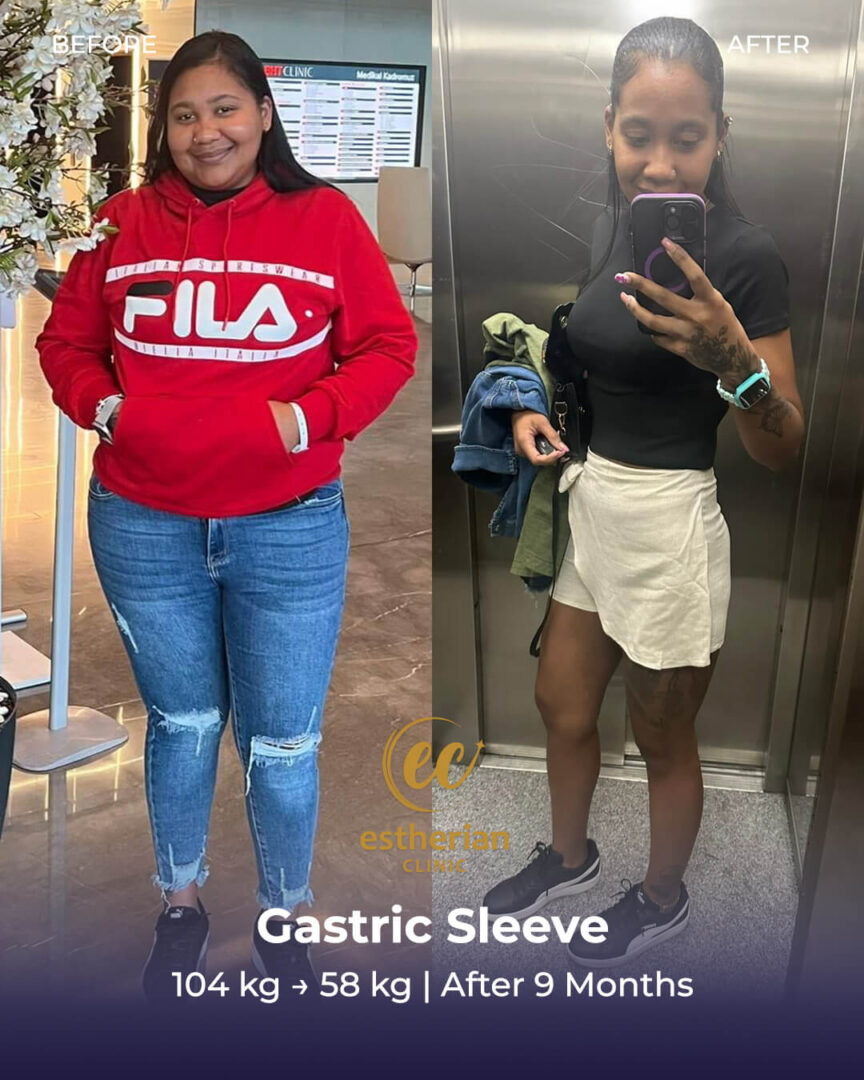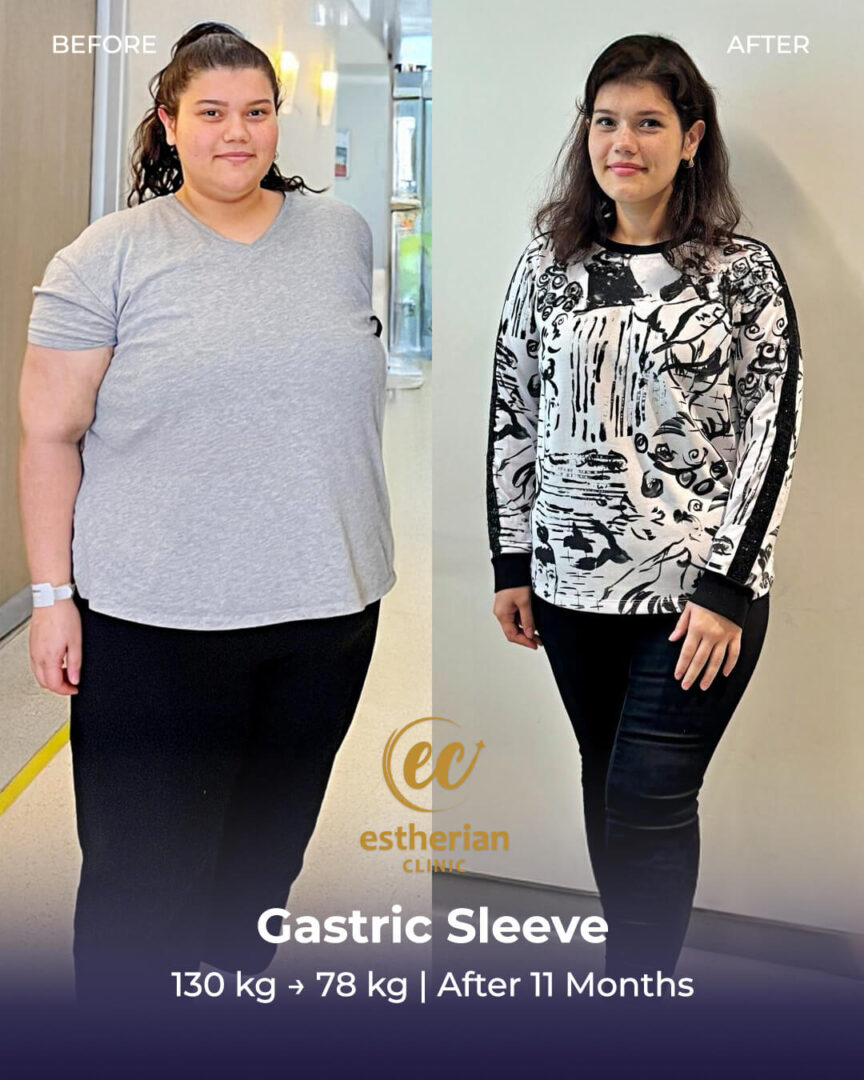Gastric sleeve surgery in Turkey is a highly sought-after solution for individuals seeking effective weight loss. Known for its advanced healthcare facilities, experienced surgeons, and affordable prices, Turkey has become a hub for medical tourism. This procedure helps patients achieve long-term weight loss and improve their overall health, making it a transformative experience for many.
Why Maintaining a Healthy Weight Matters
Excess weight is more than just a cosmetic concern: it directly affects overall health and quality of life. Obesity can increase the risk of serious medical conditions such as type 2 diabetes, heart disease, high blood pressure, sleep apnea, and joint problems. Beyond physical health, it can also impact mobility, energy levels, and even emotional well-being, sometimes leading to reduced self-confidence and social difficulties.
For these reasons, achieving and maintaining a healthy weight is essential. It not only helps reduce the risk of long-term illnesses but also improves daily life, making it easier to move, breathe, and enjoy activities without constant fatigue. Gastric sleeve surgery offers an effective solution for people who have struggled with other weight-loss methods, providing a lasting path toward improved health and lifestyle.
Causes of Obesity
Obesity is a complex condition that rarely has a single cause. Instead, it usually results from a combination of factors:
- Genetics: Some people are naturally predisposed to gain and store more fat due to their genetic makeup.
- Lifestyle and Diet: Consuming calorie-dense foods high in sugar and fat, combined with a sedentary lifestyle, plays a major role in weight gain.
- Hormonal and Metabolic Factors: Conditions such as hypothyroidism, insulin resistance, or polycystic ovary syndrome (PCOS) can make weight management more difficult.
- Psychological and Emotional Factors: Stress, anxiety, depression, and emotional eating habits can all contribute to overeating and weight gain.
- Medications: Certain drugs, including antidepressants, corticosteroids, and some diabetes medications, may cause weight gain as a side effect.
- Environment: Easy access to fast food, lack of safe spaces for physical activity, and modern sedentary jobs all contribute to rising obesity rates worldwide.
Because so many causes can overlap, treating obesity often requires a comprehensive approach that addresses lifestyle, health conditions, and sometimes surgery when other methods have not been successful.
Techniques of Gastric Sleeve Surgery
The gastric sleeve, or sleeve gastrectomy, can be performed using slightly different approaches depending on the patient’s condition and the surgeon’s preference. All techniques share the same principle: removing a large portion of the stomach to reduce its capacity and limit food intake.
- Laparoscopic Sleeve Gastrectomy (Minimally Invasive):
This is the most common method. Several small incisions are made in the abdomen, and a laparoscope (a tiny camera) along with specialized surgical tools are inserted. About 70–80% of the stomach is removed, leaving behind a narrow, sleeve-shaped pouch. Because the incisions are small, this method usually leads to faster recovery, less pain, and smaller scars. - Robotic-Assisted Sleeve Gastrectomy:
Some surgeons use robotic systems to assist in the procedure. The robot provides enhanced precision, stability, and range of motion, allowing the surgeon to perform delicate movements with high accuracy. This technique can reduce the risk of complications and may lead to more consistent results, though it is not available everywhere. - Open Sleeve Gastrectomy (Less Common):
In rare cases, an open surgery may be required, especially if the patient has had multiple abdominal operations in the past or if laparoscopic surgery is not possible. This involves a larger incision and typically requires longer healing time.
Regardless of the chosen technique, the surgery is performed under general anesthesia and usually takes one to two hours. The goal in every method is the same: to create a smaller stomach that restricts food intake while also reducing hunger hormones, particularly ghrelin, which is mainly produced in the removed portion of the stomach.
Who is a Good Candidates for Gastric Sleeve Surgery
Gastric sleeve surgery is suitable for individuals who:
- Have a Body Mass Index (BMI) of 35 or higher, or 30 with obesity-related conditions like diabetes or hypertension.
- Have tried other weight-loss methods, such as diet and exercise, without long-term success.
- Are mentally prepared for the lifestyle changes required after surgery.
- Are in good overall health, aside from obesity-related conditions.
Patients often combine this procedure with other body contouring surgeries like tummy tuck, arm lift, or thigh lift to further enhance their physical transformation.
Procedure
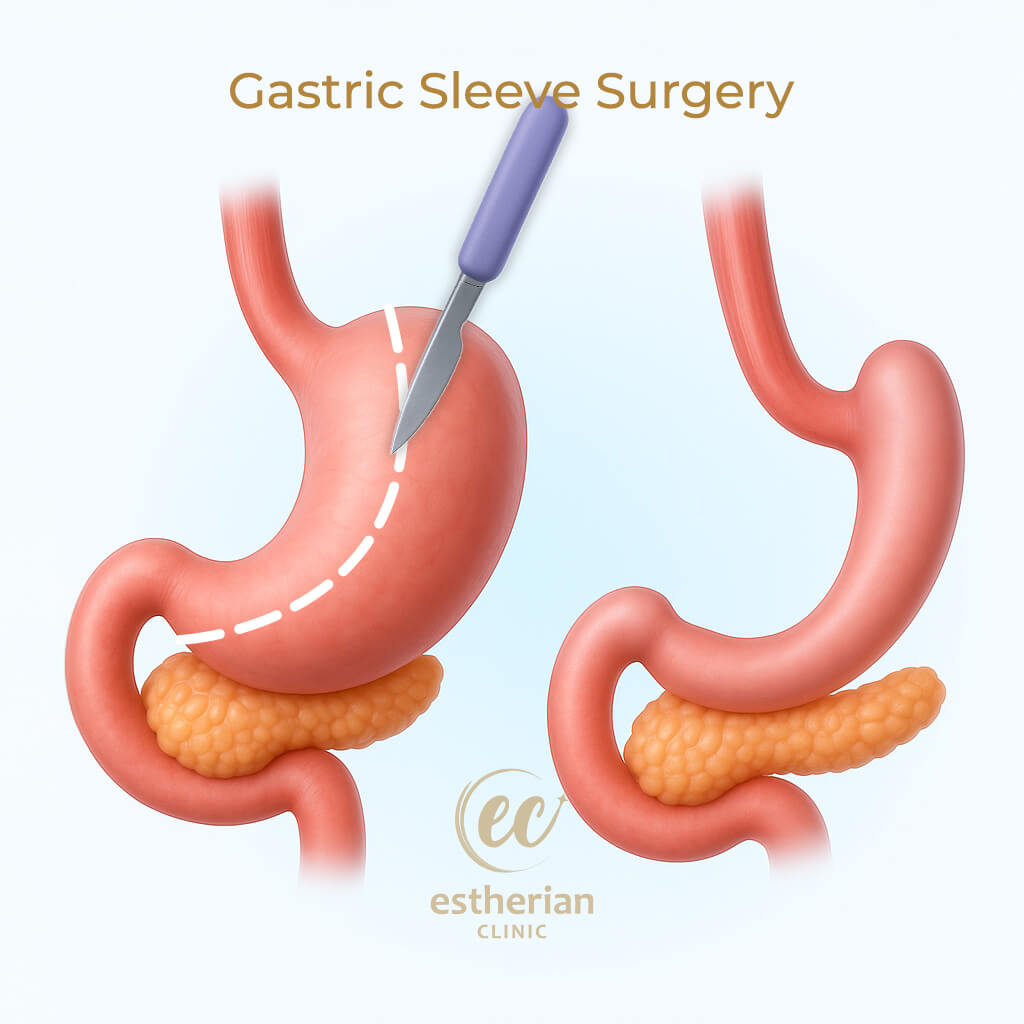
The gastric sleeve surgery in Turkey is a straightforward process carried out by skilled surgeons in state-of-the-art facilities. Below is an outline of what you can expect:
Before the Operation
Consultation: A comprehensive consultation is conducted to evaluate your medical history, overall health, and suitability for the procedure.
Pre-Surgery Preparation: You may be required to follow a specific diet for a few weeks before surgery to reduce the size of the liver and improve surgical outcomes.
Medical Tests: Routine tests, including blood work and imaging, are conducted to ensure your readiness for surgery.
During the Operation
Anesthesia: The surgery is performed under general anesthesia, ensuring a painless experience.
Laparoscopic Surgery: Small incisions are made, and the surgeon removes about 75-80% of the stomach, leaving a sleeve-shaped portion.
Timeframe: The procedure typically takes 1-2 hours.
After the Operation
Hospital Stay: Most patients stay in the hospital for 2-3 days for monitoring and recovery.
Post-Operative Care: You will be given detailed instructions on diet progression, hydration, and medication to prevent complications.
Lifestyle Changes: A significant focus is placed on adopting a healthy diet and exercise routine to maintain long-term results.
Gastric Sleeve Surgery Results and Benefits
Patients undergoing gastric sleeve surgery in Turkey can expect significant weight loss within the first year. This not only improves physical health but also boosts self-confidence and quality of life. Many patients also experience improvements in obesity-related conditions such as diabetes, high blood pressure, and joint pain.
Benefits of Gastric Sleeve Surgery
Gastric sleeve surgery offers a variety of benefits that go beyond simple weight loss, positively impacting overall health, quality of life, and long-term wellness. Some of the key benefits include:
- Significant and Sustainable Weight Loss:
By reducing the stomach’s capacity, patients naturally eat less, which leads to steady and significant weight reduction over time. Most patients can expect to lose 60–70% of their excess weight within the first year after surgery. - Improved Metabolic Health:
Gastric sleeve surgery often leads to improvements in obesity-related conditions, including type 2 diabetes, high blood pressure, high cholesterol, and insulin resistance. Many patients experience partial or complete remission of type 2 diabetes after the procedure. - Reduction in Hunger:
The portion of the stomach that produces ghrelin, a hormone responsible for stimulating appetite, is removed during surgery. This results in decreased feelings of hunger, making it easier for patients to adhere to a healthy diet. - Improved Mobility and Physical Activity:
Losing excess weight often relieves stress on joints and bones, improving mobility and making physical activity easier and more enjoyable. This, in turn, supports long-term weight maintenance. - Enhanced Mental and Emotional Well-Being:
Many patients report increased self-confidence, higher energy levels, and better overall quality of life. The positive changes in body image and physical health can also reduce anxiety and depression linked to obesity. - Minimally Invasive Options:
Most gastric sleeve procedures are performed laparoscopically, meaning smaller incisions, reduced post-operative pain, shorter hospital stays, and quicker recovery compared to open surgery. - Potential for Combination Procedures:
Gastric sleeve surgery can be combined with other procedures, such as hiatal hernia repair or abdominal contouring, to maximize both functional and aesthetic outcomes for patients struggling with obesity-related complications. - Long-Term Health Benefits:
Beyond immediate weight loss, gastric sleeve surgery can reduce the risk of cardiovascular disease, sleep apnea, certain cancers, and other obesity-related conditions, contributing to increased life expectancy and overall health.
This combination of physical, metabolic, and emotional benefits makes gastric sleeve surgery an effective solution for patients seeking a transformative approach to obesity management.
Risks of Gastric Sleeve Surgery
While gastric sleeve surgery is generally safe, it is still a major procedure and comes with potential risks and complications that patients should be aware of. Understanding these risks helps in making an informed decision and preparing for proper post-operative care.
- Revision Surgery Needs:
Though uncommon, some patients may require additional procedures to address complications, loose skin, or insufficient weight loss. Planning for potential future surgeries is an important consideration.
2. Surgical Risks:
Like any surgery, gastric sleeve carries general surgical risks such as bleeding, infection, or complications from anesthesia. Laparoscopic techniques reduce these risks compared to open surgery but do not eliminate them entirely.
3. Leakage from the Staple Line:
One of the most serious but rare complications is a leak along the stapled portion of the stomach. This can lead to infection, sepsis, and requires prompt medical attention, sometimes including reoperation.
4. Blood Clots (Deep Vein Thrombosis or Pulmonary Embolism):
Post-surgical immobility or underlying health issues can increase the risk of blood clots in the legs or lungs. Surgeons usually recommend early mobilization, compression garments, and sometimes blood-thinning medications to reduce this risk.
5. Gastrointestinal Issues:
Patients may experience nausea, vomiting, acid reflux, or difficulty swallowing if they eat too quickly or do not follow dietary guidelines. Over time, the stomach adapts, but some patients may need further medical guidance or medications.
6. Nutritional Deficiencies:
Because the stomach volume is reduced, patients may absorb fewer nutrients. Deficiencies in vitamins (like B12), minerals (like iron), and protein can occur if proper supplementation and a balanced diet are not maintained. Lifelong supplementation and regular monitoring are often recommended.
7. Strictures and Narrowing:
In rare cases, scar tissue can cause a narrowing in the stomach sleeve, leading to difficulty eating or drinking. Endoscopic procedures or minor surgery may be required to correct this issue.
8. Weight Regain:
While gastric sleeve is highly effective for weight loss, long-term success depends on lifestyle changes. Overeating, not following dietary recommendations, or neglecting exercise can result in weight regain.
9. Psychological Considerations:
Rapid weight loss and lifestyle changes can have emotional and psychological impacts. Some patients experience mood swings, anxiety, or depression. Support from mental health professionals or support groups is often recommended as part of post-operative care.
10. Potential for Complications with Comorbidities:
Patients with underlying health conditions such as heart disease, uncontrolled diabetes, or severe respiratory issues may face higher risks during or after surgery. Pre-operative evaluation and optimization of these conditions are essential.
FAQs About Gastric Sleeve Surgery in Turkey
How long does recovery take after gastric sleeve surgery in Turkey?
Recovery typically takes about 4-6 weeks. However, most patients can resume light activities within a week and return to normal routines in about two weeks.
Is gastric sleeve surgery permanent?
Yes, the procedure is permanent and cannot be reversed. However, it is essential to follow a healthy lifestyle to maintain the results.
Can gastric sleeve surgery be combined with other procedures?
Yes, many patients combine gastric sleeve surgery with body contouring procedures like tummy tuck, arm lift, or thigh lift to achieve their desired physical transformation.
Why choose Turkey for gastric sleeve surgery?
Turkey offers high-quality medical care at affordable prices, with experienced surgeons and state-of-the-art facilities, making it an ideal choice for international patients.
Gastric Sleeve Surgery In Turkey: Before and After
